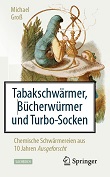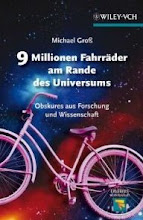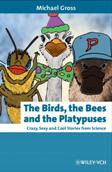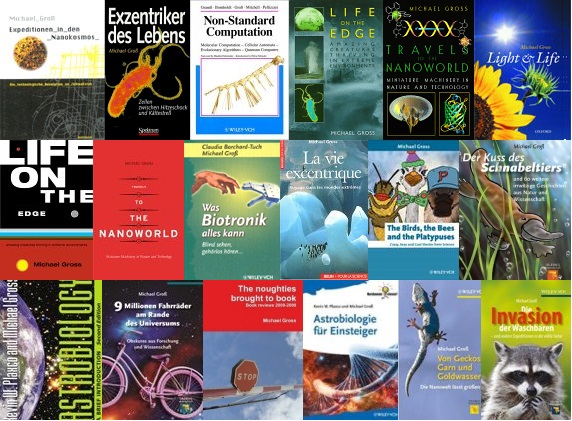Some thoughts on
Inherit the truth / Die Wahrheit erben
by Anita Lasker-Wallfisch
Giles de la Mare 1996 / Weidle Verlag 1997
I had been aware of Anita Lasker’s biography – the cellist who survived both Auschwitz and Bergen Belsen – for many years, and I actually saw her son Raphael Wallfisch performing the Dvorak concerto at the Sheldonian Theatre some time in the noughties, so I felt kind of acquainted with her family already. However, a copy of her actual memoir only crossed my path now,* and I read it immediately.
She wrote the book in English for her children and grandchildren, but prepared the German version herself, which is the one I read. The book is very short considering the weight of events covered and focuses on the anecdotal events that added up to her and her sister’s survival against the odds. Like Hadley Freeman in her family memoir House of Glass, she is very good in highlighting the absurd coincidences that can decide your life and death in the context of the Nazi system setting out to kill you.
In short, her parents were born in an area that became part of Poland after 1918, which meant that in the US system of refugee quotas they were counted as Polish Jews, and had no chance at all to find asylum that way, even though her uncle, the chess master Edward Lasker, was a US citizen by then. When called up to be deported, her parents obeyed and soon disappeared without a trace.
With no parental supervision, Anita and her sister Renate got involved in forging documents to help people escape, which earned them jail terms and probably saved their lives when they arrived at Auschwitz, because convicted criminals were registered in case they were needed for further testimony in court cases.
Once in Auschwitz, Anita’s cello playing saved her life in the longer term, as she was admitted to playing in the girls orchestra. As the only cello in the small ensemble, she was clearly indispensable. Indirectly, it saved Renate too, with the reconnection made via an unlikely chain of events carried by Anita’s unusual shoes.
Compared to the privileged position at Auschwitz, the last winter of the war at Bergen Belsen turned out to be much worse, with prisoners being left to starve and rot in situ rather than being murdered and disposed of efficiently, but with further luck and resilience both sisters made it through.
After liberation of the camp, the focus returns from bare survival to the second most important thing, namely finding a cello and music to play with it (the Bach suites get a mention in this context). Oh, and getting out of Germany. All of which proves challenging but doable. So, in summary, playing cello saves lives.
I do love the photo of her they used for the cover of the English edition. My edition has a badly drawn cello on the cover, but this photo (among others) is reproduced inside the book and I was tempted to scan it for the blog. It is captioned Berlin 1938. (She went to study cello in Berlin but soon had to return to her family home at Breslau.) I will look out for the English edition too. Blackwells
UPDATE 7.8.2023 In a book exchange, I just discovered a German paperback edition (rororo) using the photo as well (and without the red hue).
Some related links:
- BBC Desert Island Disk appearance (ft. recordings of both her husband and her son)
- Observer interview from 2020 (on the occasion of her objection to the location of a planned Holocaust memorial in London).
- The Wikipedia entry of Anita's uncle, chess (and Go) player Edward Lasker contains an interesting paragraph about the Lasker family history and the origins of the name Lasker. According to this, the older and more famous chess champion Emanuel Lasker was a distant cousin of Edward.
* Note: I found a signed copy of the book in my late father's extensive collection of Holocaust-related books. One of the things he forgot to mention to me, otherwise I would have read it a lot earlier. It's also too late to find out whether he (or if not who else) met the author to get the autograph.















No comments:
Post a Comment